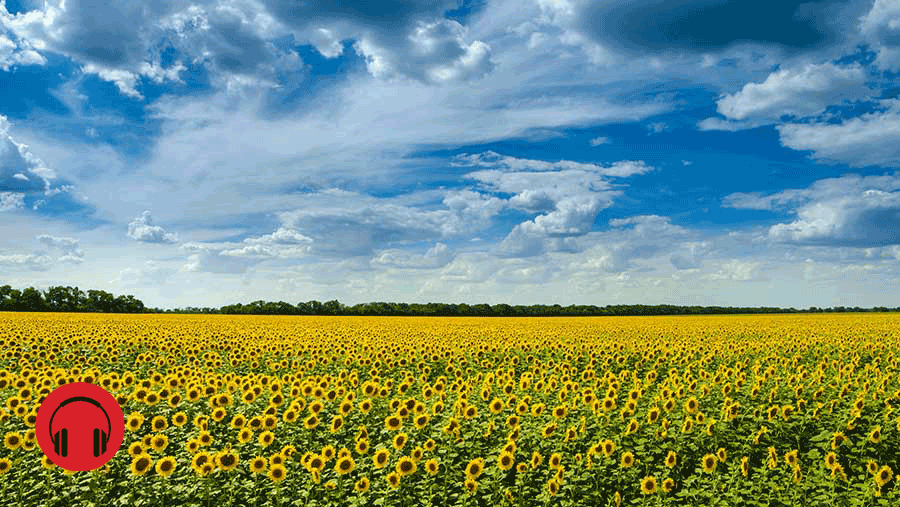FW Opinion: Ukraine tragedy will renew focus on food security
 © Boris/Adobe Stock
© Boris/Adobe Stock Listen to Andrew Meredith read his Leader column or see the text below.
The speed with which terrible events have taken place in Ukraine in the past week has shocked us all.
I want to be clear on behalf of the Farmers Weekly team that in this darkest of weeks, tackling the question “what do these events mean for UK farming?” has rarely felt more trivial.
It has been difficult to turn away from smartphone and television screens since last Thursday amid scenes of people fleeing for safety or taking up arms to fight back.
See also: Farmers Weekly Podcast: Ukraine, fertiliser and government aid
How little some turbulence in the financial markets seems to matter when just three hours away by air a whole country is fighting for its very survival.
Everyone who is doing something to help address the emerging refugee crisis on Ukraine’s borders, including farmers, should feel proud that they are aiding the citizens of that brave country.
There is little doubt that humanitarian organisations already on the ground will need sustained financial and practical support for months and years to come.
Yet, while the issue of our own comfort here has been put into stark perspective, it is clear the unprovoked Russian invasion has already sent global food security up the political agenda, alongside other security concerns.
Energy and commodity prices are still marching higher, which is likely to drag many more people into food poverty across the world.
Access to, and the cost of, inputs such as fertiliser could lower crop yields in food-producing regions far from Ukraine and Russia, a major producer of nitrogen and phosphate.
Keeping famine from the door will be a complex, long-term endeavour, and the solutions will not be found in knee-jerk posts on social media that only call for increased production at any cost.
As they have done through Brexit volatility, Covid-19 uncertainty, weather crises and many other challenges in recent years, farmers here will have to keep on rolling with the punches to the best of their ability.
Yes, being resilient means producing as much as we can domestically, but it also means continuing to farm for the long term.
We need to preserve our soils and use the bare minimum of the aforementioned inputs that are now doubling or tripling in price.
This week in the Livestock section we report on a 98% decline in the use of critically important antibiotics on dairy farms in the three years to 2021.
Pushing on with this minimalist mission in other livestock sectors, as well as advocating for plant breeds that thrive with fewer inputs, must be a priority.
This will not just benefit animal health and the environment, but reduce our dependence on the global supply chains that, like life itself, seem ever more fragile.
World Book Day
This week has seen World Book Day celebrated at schools across the land and, as journalists, we are never shy about encouraging people to read more.
But there have never been more alternative ways to consume Farmers Weekly content, including by watching and listening to webinars, videos and podcasts.
Now we are experimenting with another way for you to access your favourite farming stories by bringing you an audio version of a selection of this week’s articles.
To hear a piece of content read aloud from every section of the magazine, go to fwi.co.uk and look for “Audio for World Book Day” articles on the home page.
Afterwards, write to me at the email address above and tell me what you think.

